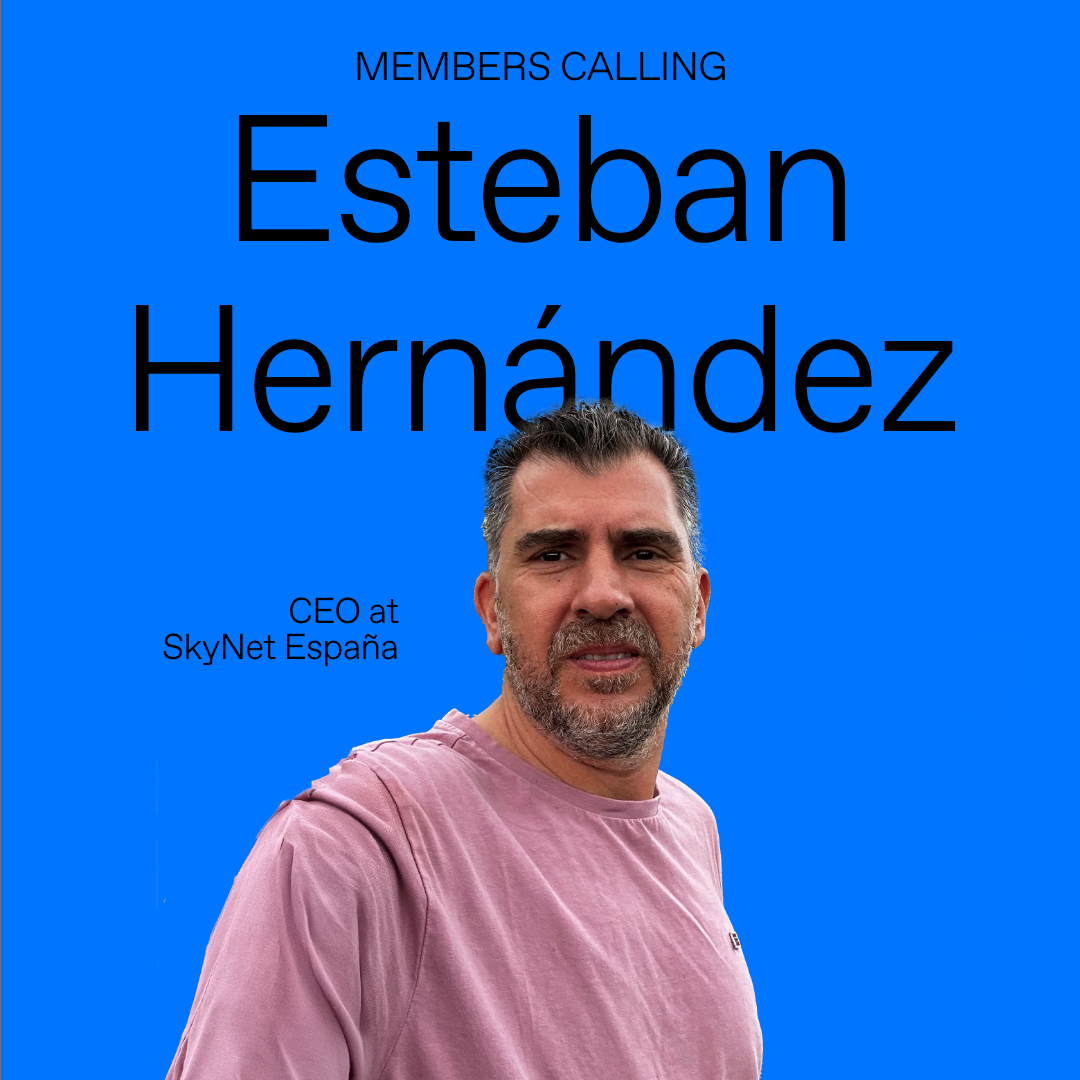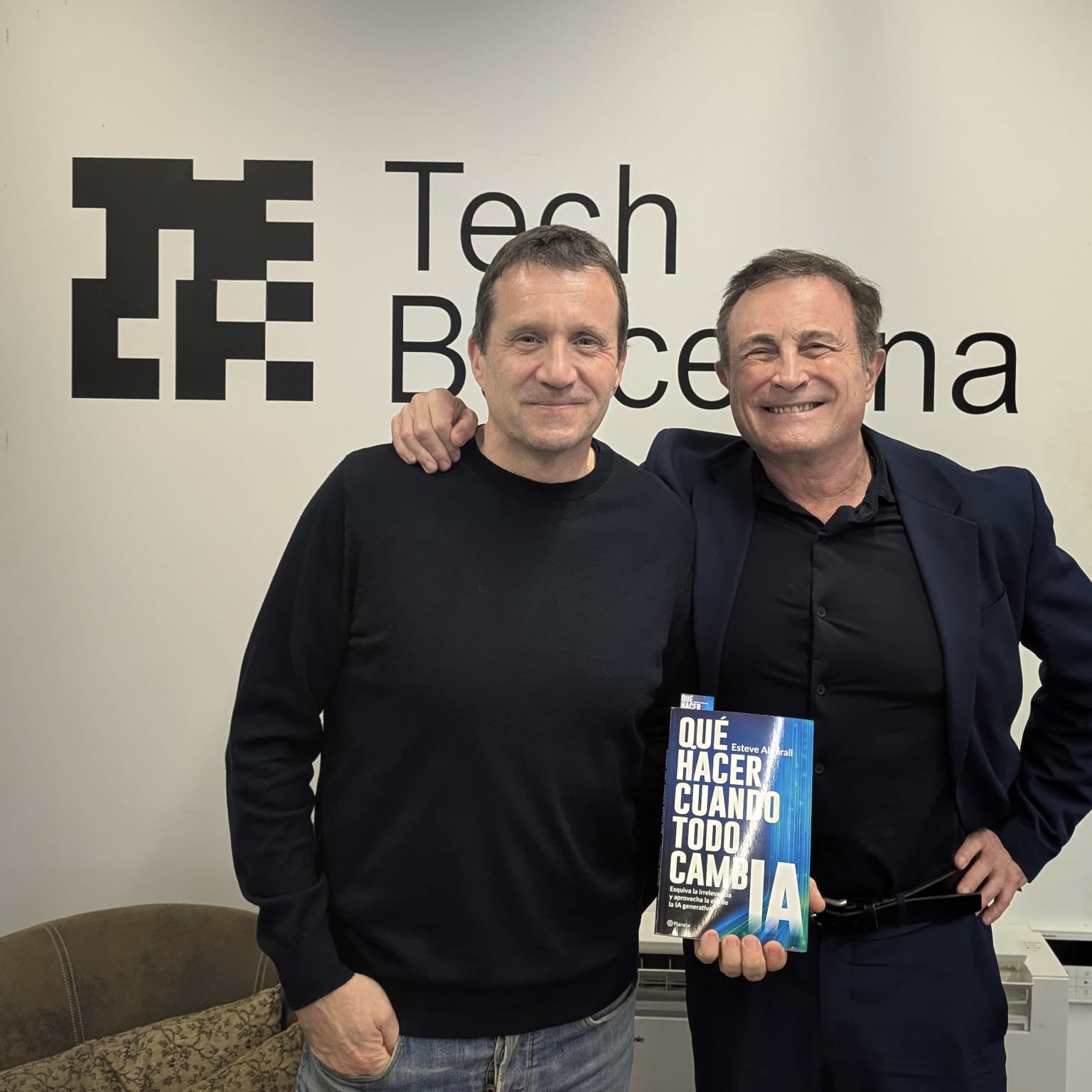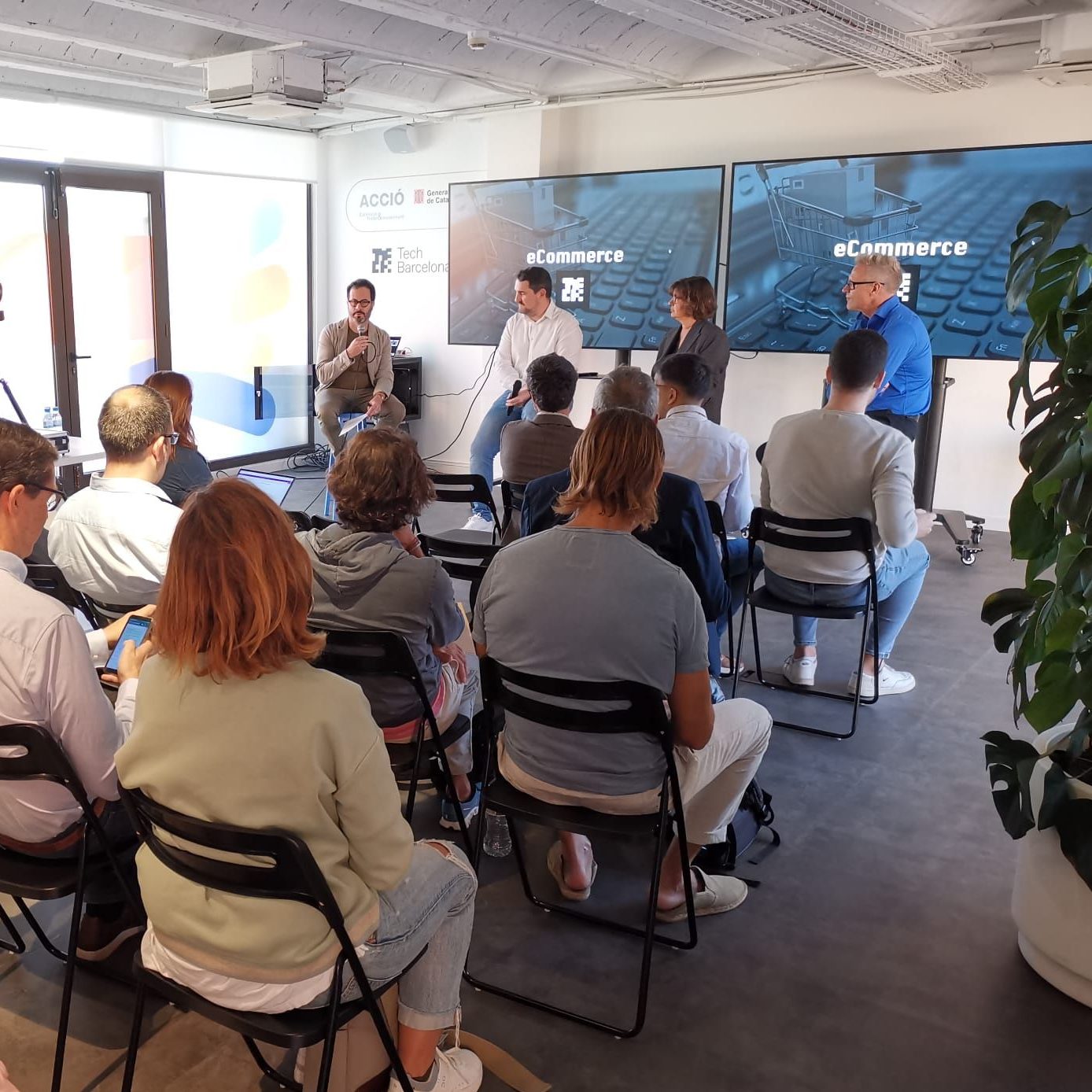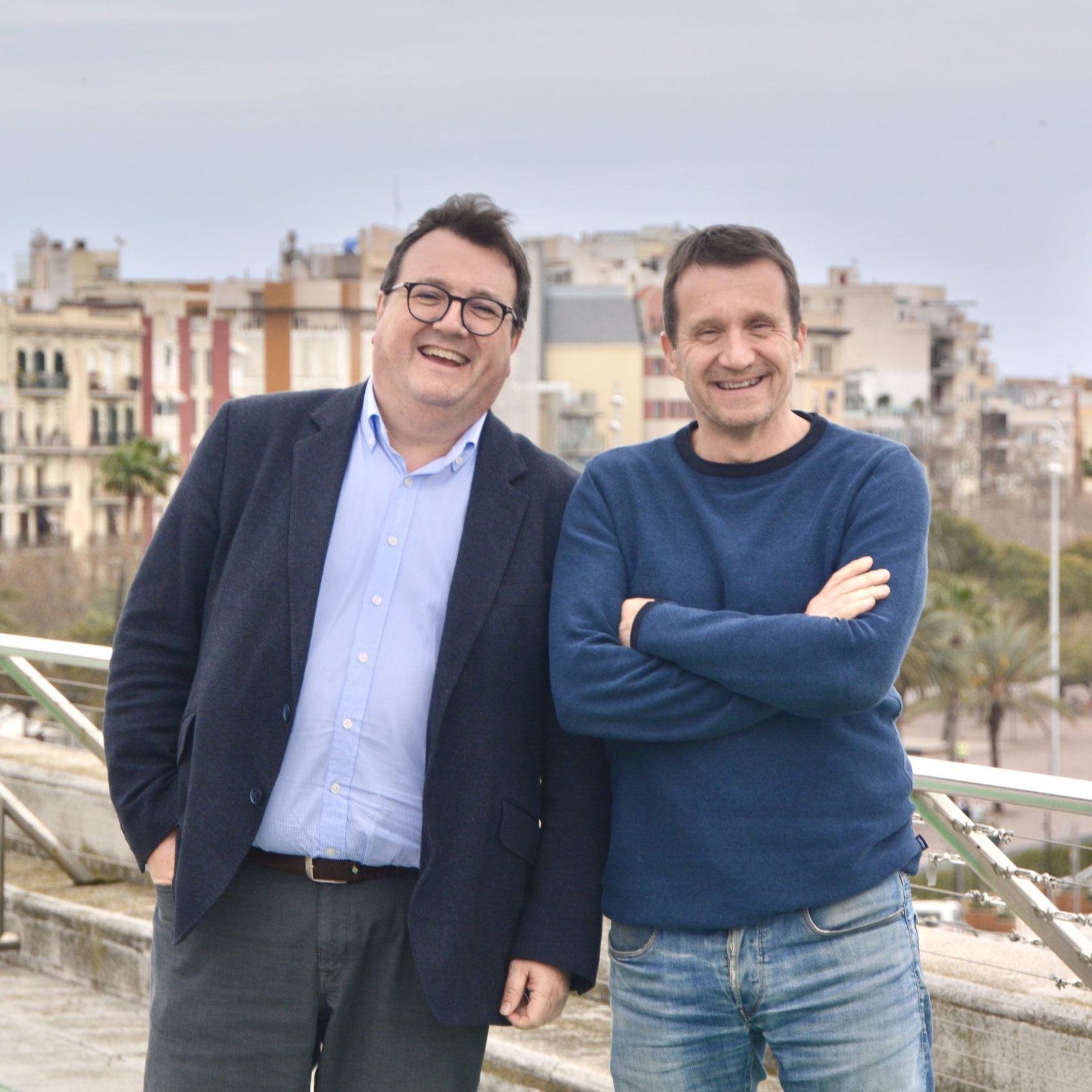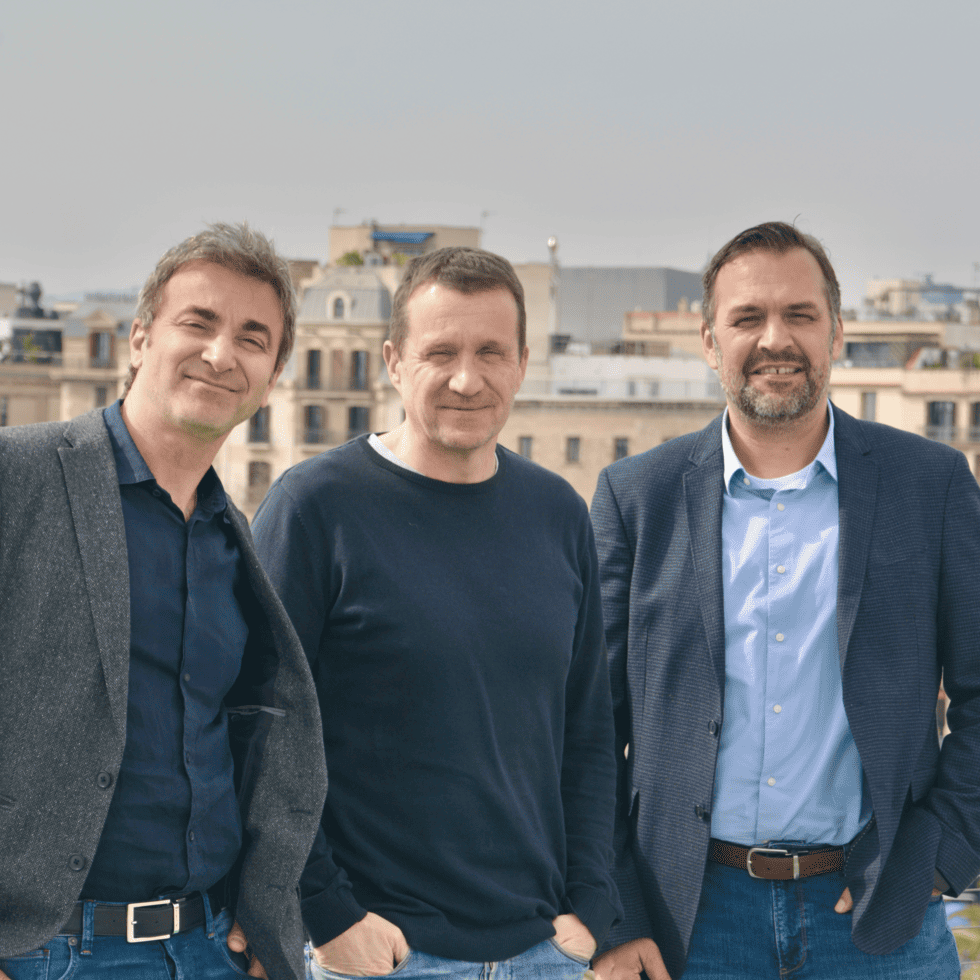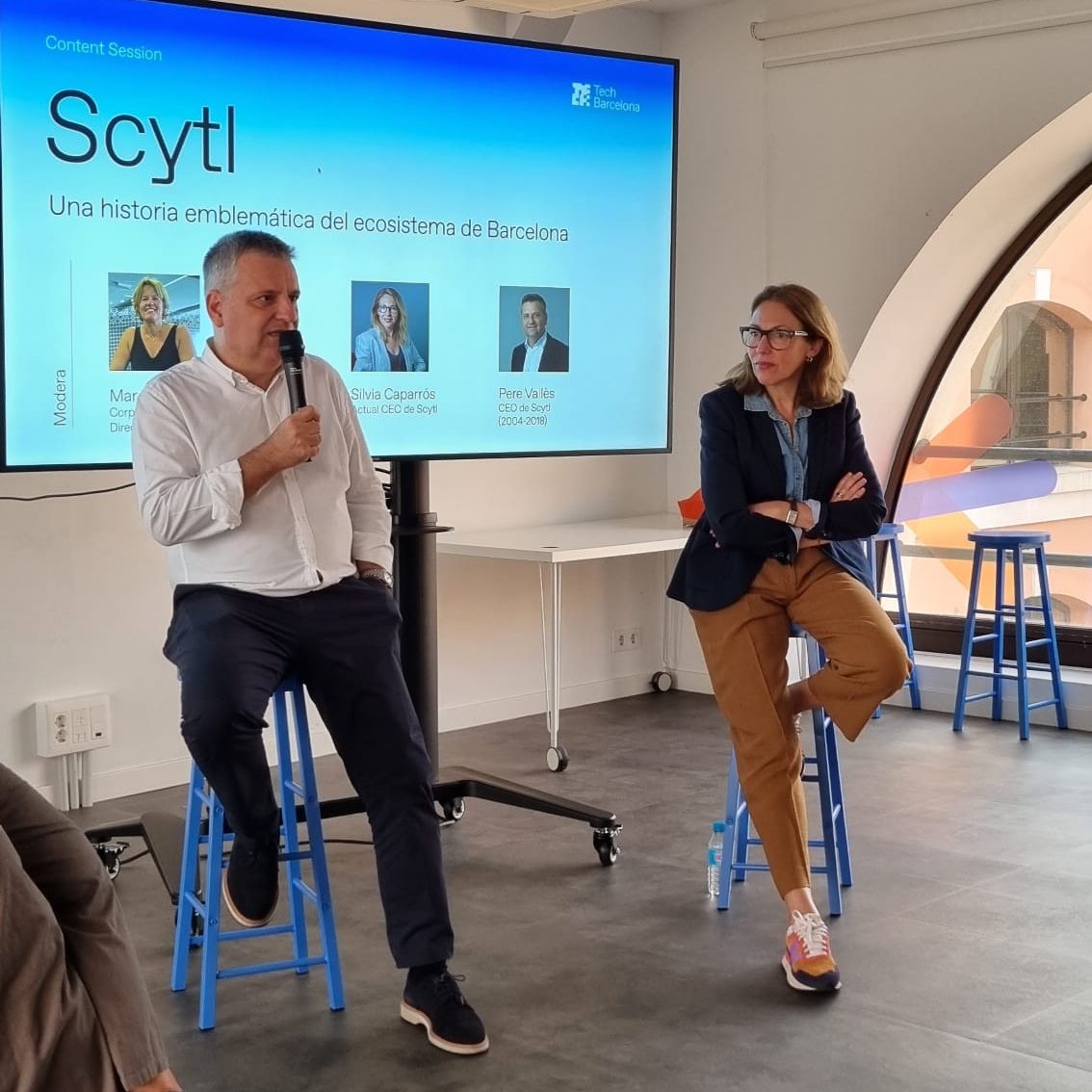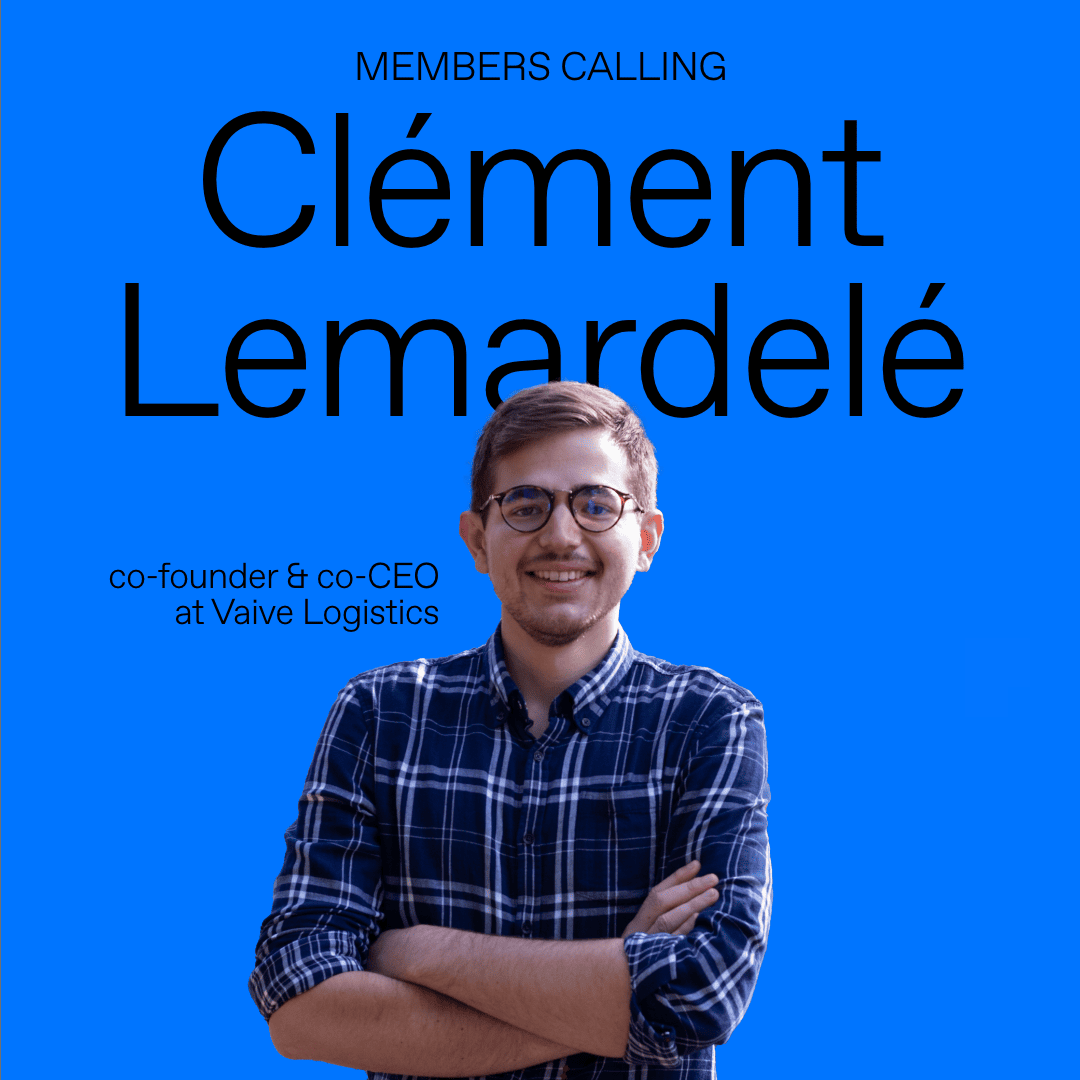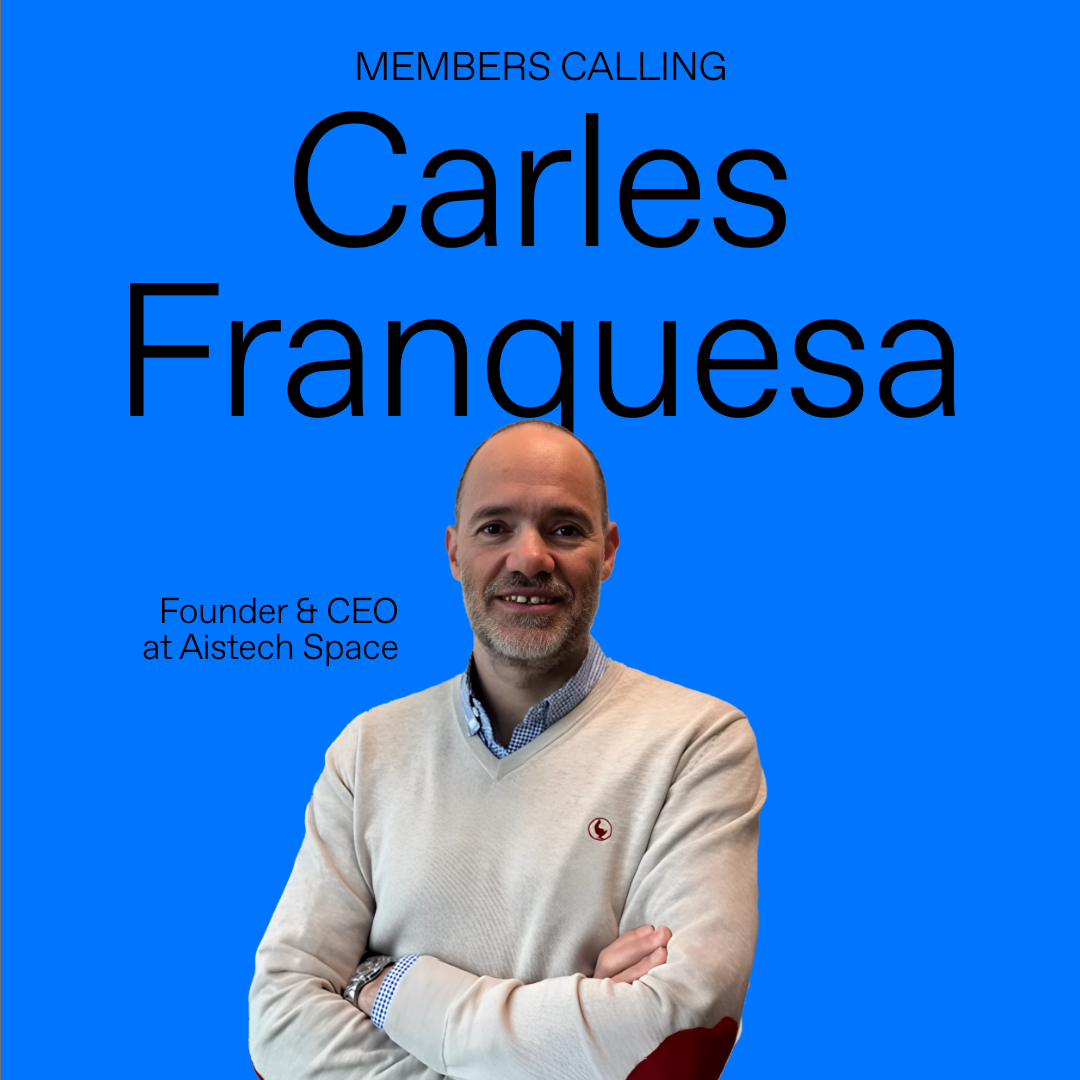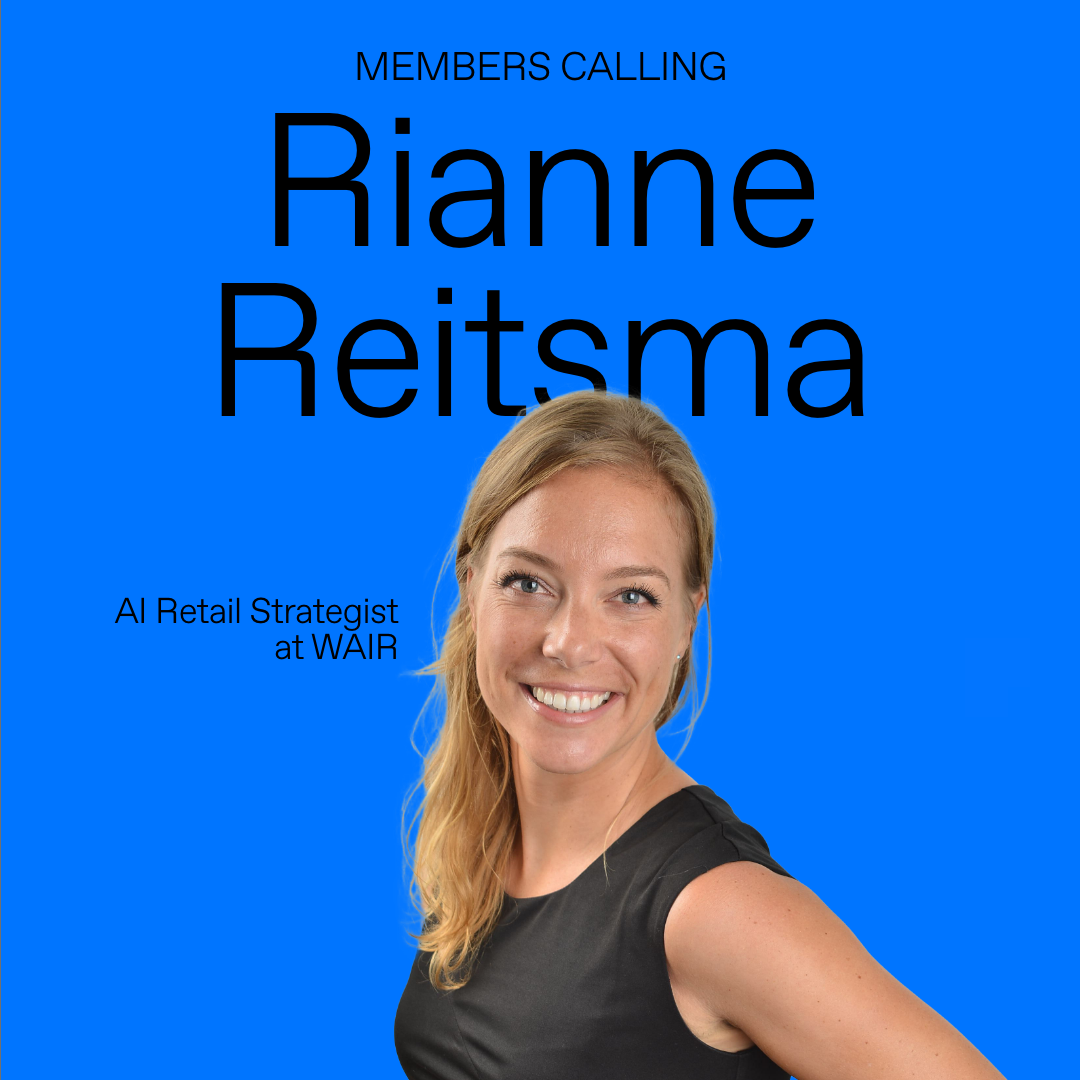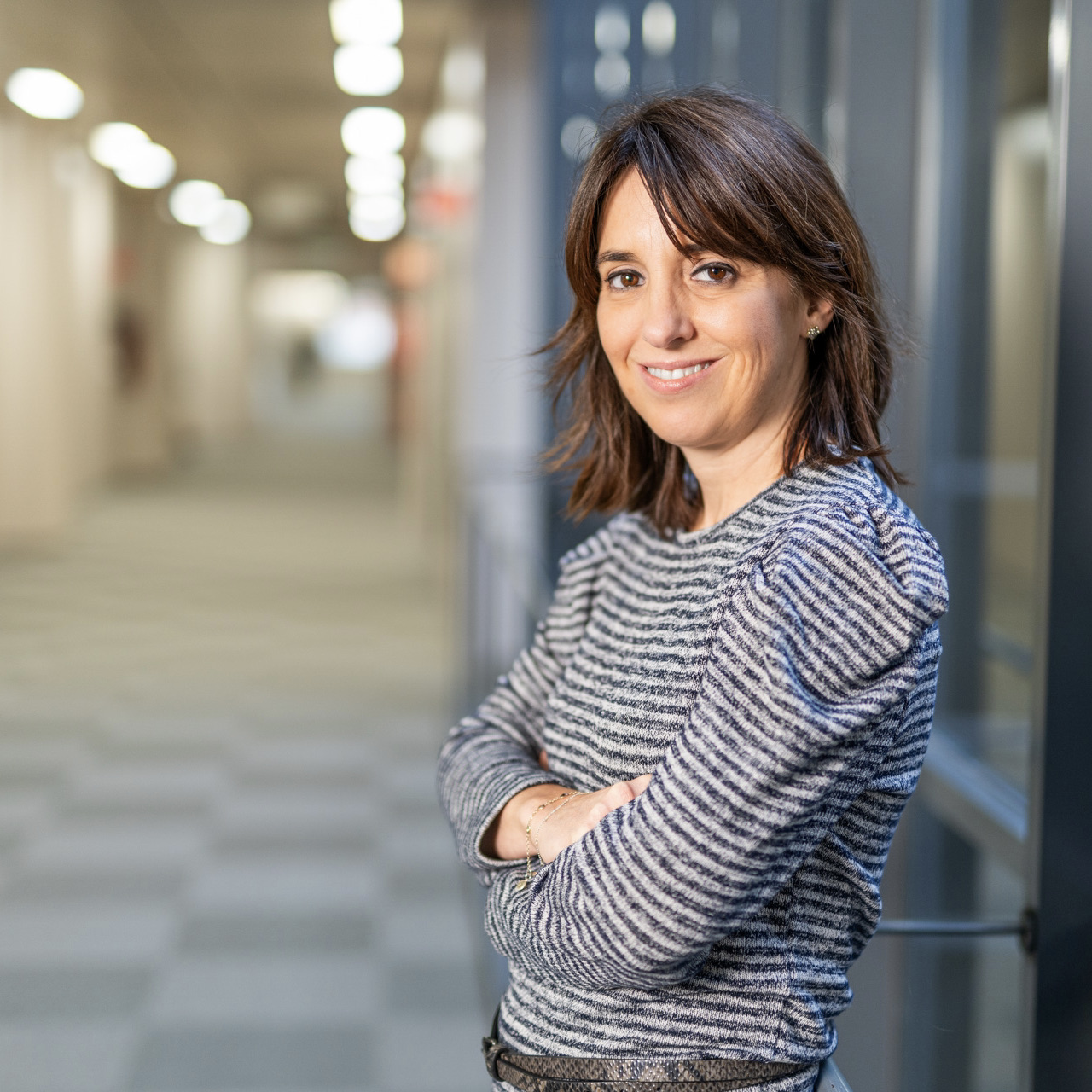Noticias
Four women entrepreneurs, four countries and a common mission

Suvi Haimi, Manon Pagniez, Laura Moreno, and Sarah Lokman. Four entrepreneurs from different countries united by a common mission: to create a global impact.
While it might sound like the plot of a movie, this is actually the essence of the webinar organized by the GIFT network during the week of The Future of Tech is Female (FoTif) in Brussels. And as we say in Tech Barcelona, small businesses lead to big lessons; here, we share the most significant takeaways.
Participantes:
- Suvi Haimi (Finland), CEO and co-founder of Sulapac, a company that innovates new sustainable materials to address the global plastic crisis.
- Manon Pagniez (France), director of Tier-Dott for France, one of Europe’s largest micromobility platform.
- Laura Moreno (Spain), CEO and co-founder of Earthpulse, a startup that facilitates access and analysis of satellite data.
- Sarah Lokman (Belgium), sustainability consultant and co-founder of Greenomy, which generates sustainability reports for companies and financial institutions.
- Adrien Levrat, webinar moderator and Head of Program at H7.
Entrepreneurship, a global lifestyle
None of them found their place in the corporate world, whether in Belgium, France, Finland, or Spain. “Everything took too much time,” and “it was hard to see the impact or results of your work,” they shared, leading them to start their own companies. Ultimately, while entrepreneurship comes with its own set of challenges, it’s a path that allows for clearer visibility of the results and the positive impact of your efforts.
Impact takes time: patience
Projects aimed at creating impact don’t typically see quick victories. Most require substantial levels of investment, and the return can take “10 to 20 years to materialize.” However, investors must remember that supporting these companies is a bet on the future. So, patience is essential—for everyone’s benefit.
We live in an ecosystem
Collaboration is key to achieving great things. Laura Moreno works closely with innovation departments in corporations and institutions, launching pilot projects that build TRUST in their solutions. Manon Pagniez communicates directly with local governments to explain, with complete TRANSPARENCY, how their scooters improve urban mobility. Meanwhile, Suvi Haimi maintains CLOSE TIES with European institutions to understand how the system works and to anticipate new sustainability regulations. Startups are part of the ecosystem they wish to transform, and therefore, they must fully integrate into it.

